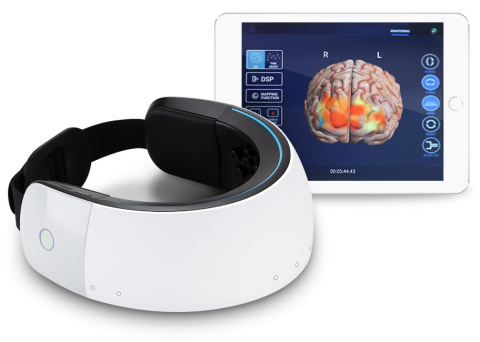Research Study Overview
The purpose of this study is to learn more about the brain and cognitive changes that occur following treatment for colorectal cancer.
We are currently recruiting newly diagnosed patients with colorectal cancer who have not yet begun treatment (surgery, radiation, or chemotherapy) age 30-65 years to help us understand how cancer treatment affects thinking, attention and memory.
Participation Eligibility
Participants must meet all of the following eligibility requirements:
- You must have a new diagnosis of rectal cancer or colon cancer.
- Your diagnosis must not involve distant metastases.
- You must not yet have begun primary treatment (surgery, chemotherapy or radiation).
- Chemotherapy must be part of your treatment plan.
- You must be 30 to 65 years of age.
- You must be able to read and speak English or Spanish.
- You must be free from major sensory deficits (e.g., blindness, deafness).
- You must be willing to travel to UT Austin for two study visits.
Research Study Procedures
You will be asked to complete 2 study visits: prior to beginning treatment and again 6 months after completing your treatments. At each study visit, we will ask you to complete the following procedures:
- Brain fNIRS Scan: a way of measuring brain function using infrared light. It does not involve any injections, radiation, or other harmful effects.
- Cognitive Tests: measures of attention, processing speed, memory, and language skills.
- Questionnaires: surveys about sleep, mood, distress, energy levels, cognitive strategies, and medical history. You will receive a $50 e-gift card at the end of each visit and a parking pass will be emailed to you prior to each visit.
You will receive a $50 e-gift card at the end of each visit and a parking pass will be emailed to you prior to each visit.
Contact Information
Director: Shelli Kesler, PhD
Please contact us to discuss how you can participate by emailing at kesler.lab@austin.utexas.edu.
FAQs
What is fNIRS?
Functional near infrared spectroscopy, or fNIRS, is a safe, noninvasive method for measuring brain function using a lightweight, wireless headset. Brain activity is associated with increased oxygen delivery and the difference, or contrast, between oxygenated hemoglobin and deoxygenated hemoglobin can be detected by fNIRS. This is known as the blood-oxygen-level-dependent (BOLD) contrast. Whereas most biological tissues are transparent to near-infrared light between 700 and 900 nanometers, hemoglobin absorbs and scatters near-infrared light in this range. Oxygenated and deoxygenated hemoglobin absorb near-infrared light at different wavelengths, which constitutes the BOLD contrast for fNIRS measurement. Compared to magnetic resonance imaging (MRI), fNIRS is highly tolerant to motion and has no environmental restrictions, contraindications or known risks.

What are cognitive tests?
These are tests of cognitive skills including memory, thinking, attention and problem solving. These tests are done using a computer program and involve several different activities where both accuracy and speed are important. They are like computer games.
Why is cancer associated with cognitive difficulties?
It is not currently clear exactly why cancer and its treatments increase the risk for cognitive difficulties. It is likely that there are many factors involved including neurotoxic effects of treatments, increased inflammation, accelerated cellular aging, reduced neuroplasticity, epigenetic changes, and oxidative stress, among others. It will be important to determine what factors contribute to cognitive decline among patients with cancer so that these might be changed or prevented where possible.


